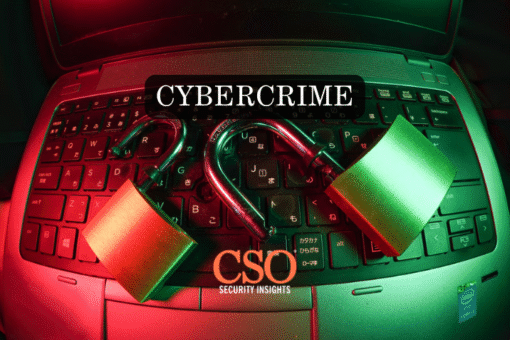The National Computer Emergency Response Team (NCERT) has issued a high-priority security alert concerning a new and dangerous phishing campaign currently targeting individuals and organizations in Pakistan. The malicious operation, which fraudulently uses the name of the Pakistan Computer Emergency Response Team (PKCERT), is distributing fake advisories that trick users into downloading malware under the guise of a critical security patch.
According to NCERT, cybercriminals have crafted convincing emails that masquerade as official government advisories, referencing a fabricated patch update titled “CERT-PK-2025-004.” These emails are designed to appear legitimate, claiming to be sent from PKCERT and bearing what appears to be the digital signature of the Director General of the National CERT. The purpose of these deceptive emails is to convince users to download a PDF attachment that contains phishing links or malware.
One of the key red flags highlighted in NCERT’s advisory is the sender’s email address, which does not belong to any verified government domain. Despite the appearance of authenticity, these emails are not coming from official sources and are part of a well-coordinated phishing campaign aimed at data theft and network infiltration.
The threat posed by this phishing scam is substantial. If a user downloads and interacts with the fake patch or attached PDF, they risk a range of cybersecurity issues including malware infections, credential compromise, identity theft, financial fraud, and data breaches. In many cases, unsuspecting victims may unknowingly divulge sensitive information such as login credentials or corporate access details, potentially exposing their entire organization to further cyber threats.
In light of this development, NCERT has outlined a series of precautions and recommendations for both individuals and organizations. At the individual level, people are strongly urged not to click on links or download files from unfamiliar or suspicious emails. Verifying the sender’s identity, confirming the legitimacy of any security advisories received, and reporting phishing attempts to NCERT are all essential steps in minimizing the risk. Enabling multi-factor authentication (MFA) on all accounts is also strongly advised, as it adds an extra layer of security against unauthorized access.
For organizations, NCERT recommends a comprehensive and proactive approach. This includes conducting cybersecurity awareness sessions for employees, implementing advanced email security protocols, and deploying threat detection systems capable of identifying phishing campaigns in real time. Additionally, having a solid incident response plan in place and continuously monitoring network traffic for any anomalies related to phishing attempts is critical to ensuring enterprise resilience.
The NCERT emphasizes that awareness and vigilance are the first lines of defense against cybercrime. The advisory serves as a stark reminder of the growing sophistication of phishing campaigns and the importance of staying alert in the face of evolving cybersecurity threats. By remaining informed and following the outlined best practices, both individuals and businesses can significantly reduce their exposure to cyber risks and safeguard their digital assets.
This warning from NCERT underscores the urgent need for stronger cybersecurity protocols and public awareness amid an increasingly complex threat landscape.








